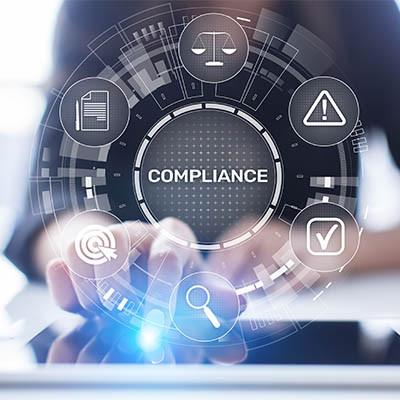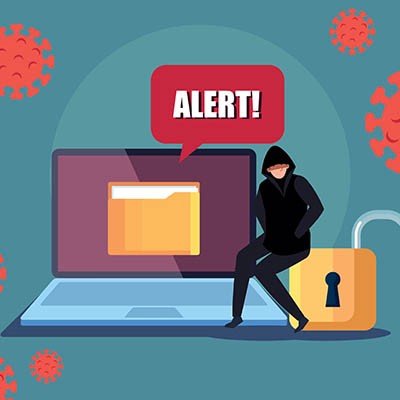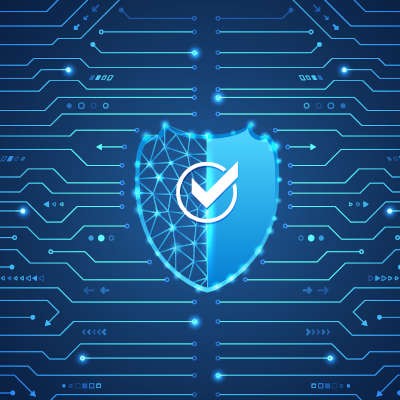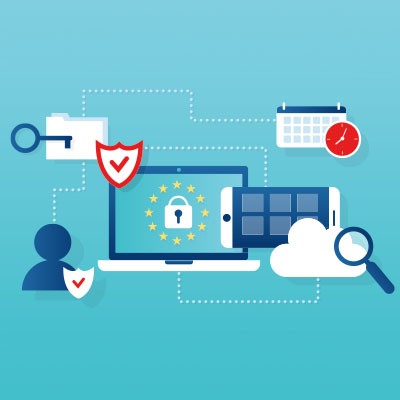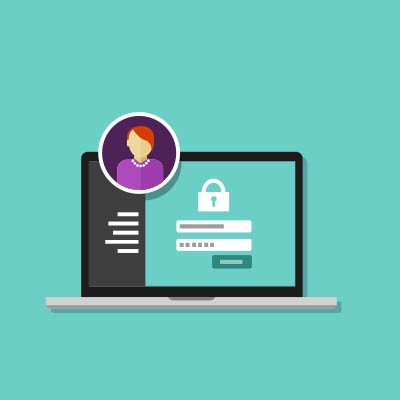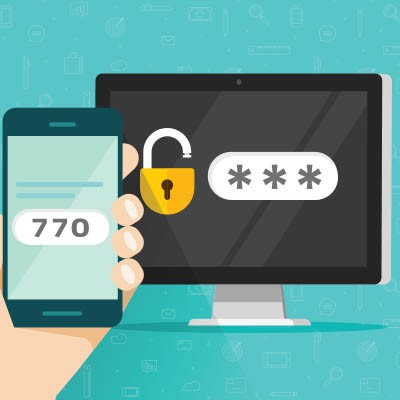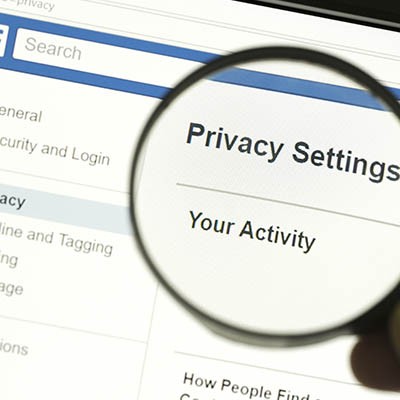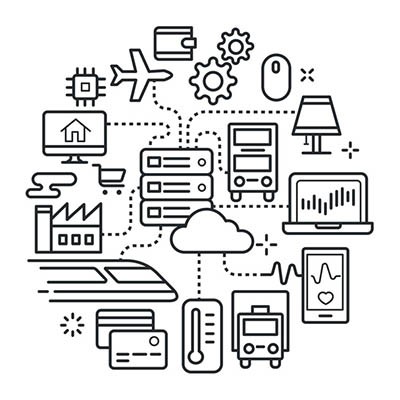Most businesses have compliance regulations they need to meet. 2021 is becoming somewhat of a tipping point for some. Companies are dealing with the development of new data privacy laws that will surely add some responsibilities on top of already established regulations. This month, we thought we’d take a look at compliance and why it is important to stay on top of it.
Argentum IT LLC Blog
With many—if not most—computers and especially laptops featuring integrated webcams at this point, it isn’t hard to imagine how disastrous it would be to be spied on through it. Let’s take a few moments and go over a few ways to be sure that your webcam isn’t being used without your consent by someone else.
Facebook is many people’s favorite—or at least most used—app and it does bring value to people by letting them keep tabs on friends and family, or grow their businesses. It has grown to be one of the largest, most successful software technology companies in the world. Unfortunately, with that type of exposure comes the responsibility of securing massive amounts of personal data. In this quest, they leave a lot to be decided. Today, we take a look at the situation Facebook is in as they are dealing with one of the largest data leaks in history.
A lot has been made about biometric authentication over the past decade, so much so that it has been loosely integrated into a lot of the access control mechanisms on most modern mobile devices. Fingerprint scanners, retina scanners, and facial recognition are all part of the transition to biometrics to enhance security and privacy. For modern businesses, however, implementing biometrics can have some major drawbacks. Today, we will go over the pros and cons of biometric authentication.
We’re getting close to the end of 2020. Finally? Has it been a long year for you? Has it gone by really fast? I think every other day I have a different opinion about it.
Either way, it’s time to look at 2021. A fresh start, a clean slate. I think if there is one big mindset all business owners and C-levels need to take into consideration for 2021, it’s their people.
Keeping your network and infrastructure free from threats is always a priority, but with so many people working remotely, businesses have encountered problems doing so. In fact, hackers and scammers have come out of the woodwork to try and gain entry into unauthorized networks or to flat-out steal data. This month, we thought we would take a look at how the COVID-19 pandemic has exacerbated the threats out there.
Security is a major part of any business, and if there isn’t a diligent approach to the implementation of it, you can be left with huge holes in your network. This month, we thought we would discuss some of the best practices you can take to make sure that your organization’s security is in the best possible position to protect your digital resources.
Smart assistants commonly appear in the office and home, so much so that the novelty seems to have finally worn off and they are now just another appliance—and, like any other appliance, there are a few quirks that can be frustrating to deal with. For instance, anyone living around these devices has shared a particular experience: the device registering something as a wake word that certainly wasn’t meant to be the wake word.
What if I were to tell you that, by the time you finished reading this sentence, all personal data in existence was exposed? If every text sent, every Google search executed, every website visited, everything we had ever done online, was made public? Gizmodo recently reached out to an assortment of experts for their insights. Here, we’ve assembled their responses for you to consider.
Personal information is precious, especially in this increasingly digital day and age. This makes it incredibly important that you are doing everything you can to protect it in your business - whether it is your own or belongs to somebody else. Here, we’ll go over a few tips to help you better protect the data you’re responsible for.
As you oversee your business, there is a lot that you’re going to have to manage - including how much access your employees have to the data you have collected and generated throughout your operations. An access management policy can help you to accomplish this. Here, we’ll review a few key features you need to include in your strategy.
Nearly everyone uses Google in some way or another. The search engine is, by far, the most common way people get answers and find content online. The margins aren’t even close, either. Currently, Google handles about 90% of search queries, while the second and third place goes to Yahoo and Bing, who share just below 5% of the search market share.
Google curates the search results on the fly based on a lot of variables including where you are located, what kind of device you are on, and your online surfing habits. This means Google is collecting a lot of information about how we use the web to give us a better experience. Let’s look at how you can control what Google knows about you to better protect your privacy.
I want to start this article out by admitting that there are a lot of active threats out there these days. There are hackers--hacking collectives, actually--that’s whole purpose is to infiltrate businesses and steal data, money, and most often, the trust people have in their technology. One way to help keep your stuff secure is by relying on two-factor authentication.
We’ve been talking about Facebook quite a bit on our blog, and for good reason - we’re all concerned with our privacy, and Facebook has been notoriously front-and-center when it comes to Internet privacy. In this post we will break down Facebook’s privacy settings to help you gain control over your personal identity while using the social network.
There’s a reason that cybercrime is so popular: it is no longer reserved for those with extensive programming knowledge to profit from. Now, according to a report by Deloitte entitled Black Market Ecosystem: Estimating the Cost of “Pwnership”, there is a complete economy built around easily accessible hacking tools that don’t require specialized knowledge to leverage.
Encryption is a very important tool in today’s business environment, especially if you are trying to protect your email communications. Today, we’ll discuss the benefits of using encryption for your business’ communications solutions, but without an understanding of what encryption actually is, the conversation might be a little harder to understand.
The Internet of Things is now made up of over 15 billion devices. 15 billion. This number includes both consumer devices in a home environment as well as business devices that are typically used in an office setting. As such, you cannot risk ignoring this phenomenon, whether it’s from a security standpoint or one of practicality. We’ll discuss the many ways the IoT is shaping business practices in today’s modern office.
The Internet of things can be described simply as devices that have connectivity to the Internet, and thus to a computing network. Many times these connected devices aren’t manufactured with security solutions onboard (or any security-minded foresight at all) so they can be fickle instruments when trying to onerously secure a network that includes numerous IoT devices. Today, we'll go over some of the threats IoT devices pose to your network, and how to reliably secure it from these threats.

